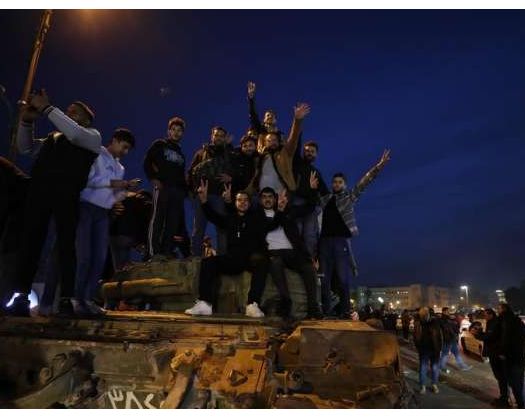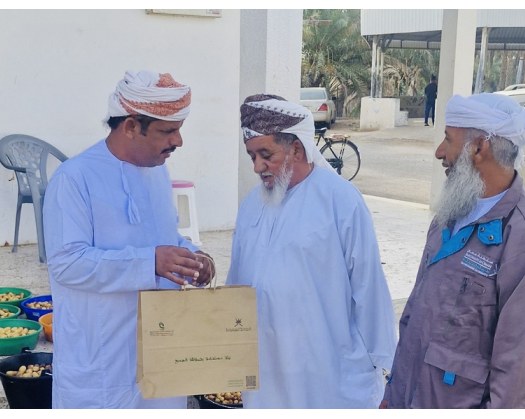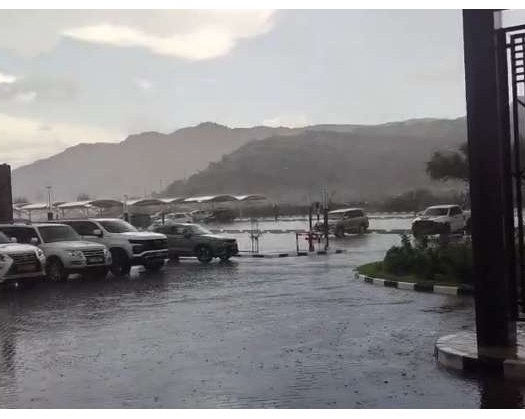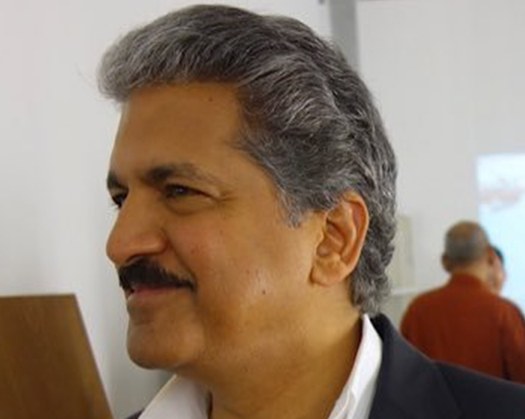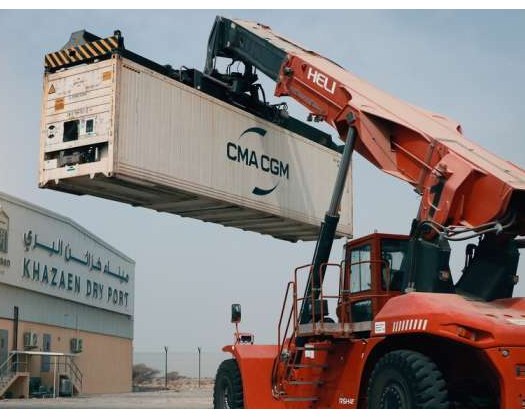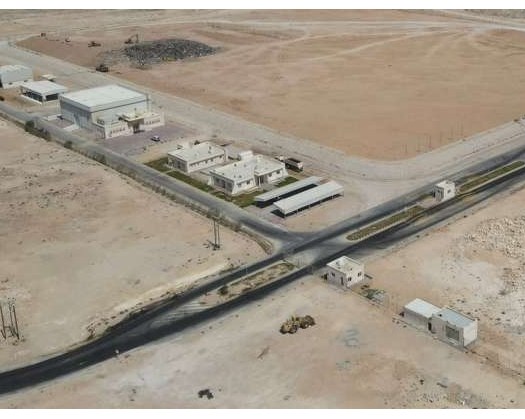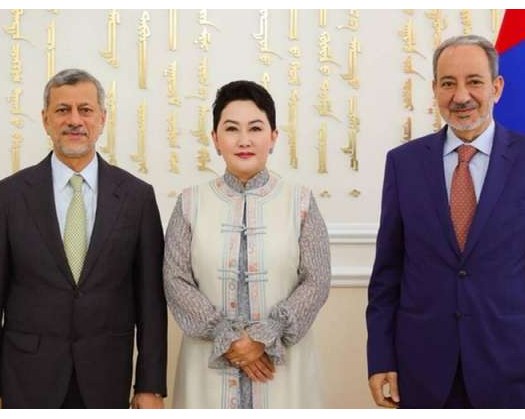Damascus: A hundred days following the collapse of the Bashar al-Assad administration, Syria continues to face significant political instability, economic challenges, and escalating security issues, rendering the future increasingly unpredictable.
Interim leader Ahmed al-Sharaa is advocating for political reforms and seeking diplomatic engagement from regional partners, while foreign affairs chief Asaad al-Shaibani is actively traveling between capitals to garner support for the interim government and to push for the lifting of stringent Western sanctions, which he views as major impediments to Syria's reconstruction and economic revival.
These sanctions remain largely enforced, further exacerbating the already critical economic situation. Additionally, incidents of sectarian violence are casting a shadow over the country's prospects.
Security Issues
The dismantling of Syria's former security and military institutions has resulted in a security void that the interim authorities are attempting to address. In many regions, lawlessness has become increasingly prevalent.
Atif Hussein, a 57-year-old retired civil servant, remarked that the disbandment of the army and police has had dire repercussions. “People now settle disputes with weapons instead of relying on the law,” he stated.
Moreover, the rampant proliferation of firearms has intensified the crisis. Hatim Abdelhadi, a 43-year-old resident of Sweida province, noted that armed groups now operate freely in certain areas.
Political analysts concur that lawlessness is a primary concern. Ali Yousef, a Syrian expert, characterized the current situation as one of “uncertainty and fear,” emphasizing the rising incidents of theft and violence, coupled with the absence of a coherent security framework to tackle these issues.
Economic Challenges
Despite a technical decline in commodity prices, many Syrians struggle to afford basic necessities due to insufficient liquidity and high unemployment rates.
Some analysts argue that the interim authorities' choice to restrict cash liquidity in banks to prevent large-scale withdrawals has exacerbated the crisis, compelling citizens to liquidate their U.S. dollar savings at prices below market value.
The situation has been further deteriorated by mass layoffs, as the interim authorities have dismissed thousands of state employees, citing incompetence as the reason.
“The extensive layoffs have left families without any source of income,” stated Assef Ibrahim, a former government worker.
Political analyst Basil Hanawi has criticized the current economic strategy, cautioning that it has “failed to revitalize the economy,” leading to factory shutdowns and stagnation in business activities.
Sectarian Tensions
Recent violent incidents in the provinces of Latakia and Tartous have intensified sectarian anxieties, particularly in areas with a majority Alawite population, where numerous reports of killings and retaliatory violence have emerged.
The unrest began on March 6, following "coordinated attacks" by armed groups loyal to Assad against security forces in the coastal region of Latakia, as reported by Syria’s defense officials.
The situation rapidly escalated into widespread sectarian confrontations, primarily affecting towns and villages with Alawite majorities, according to UN Human Rights Spokesperson Thameen Al-Kheetan.
He noted that preliminary investigations indicate that the attackers included fighters associated with Syria’s interim authorities as well as pro-Assad groups.
The Syrian Observatory for Human Rights, based in Britain, has recorded at least 1,500 civilian fatalities to date. Analyst Yousef cautioned that if interim authorities do not respond promptly, sectarian divisions may worsen. “The events on the coast serve as a warning. The interim authorities must take action to avert further escalation or face the risk of enduring instability,” he stated.
A Nation at a Crossroads
While some Syrians cling to the hope for stability, others are increasingly concerned that the country is descending into greater chaos. Sarah Hadifi, 25, expresses a cautious optimism, stating, “We survive on hope, but without genuine reforms, the situation could deteriorate further.”
In contrast, Yousef expresses doubt. “Syrians anticipated significant change, but instead, they are confronted with worsening circumstances,” he remarked. “If the interim authorities do not take swift action, public dissatisfaction will only intensify.”
Al-Sharaa has committed to tackling the crisis. Nevertheless, the interim authorities are struggling to produce any meaningful outcomes in the face of rising instability.

